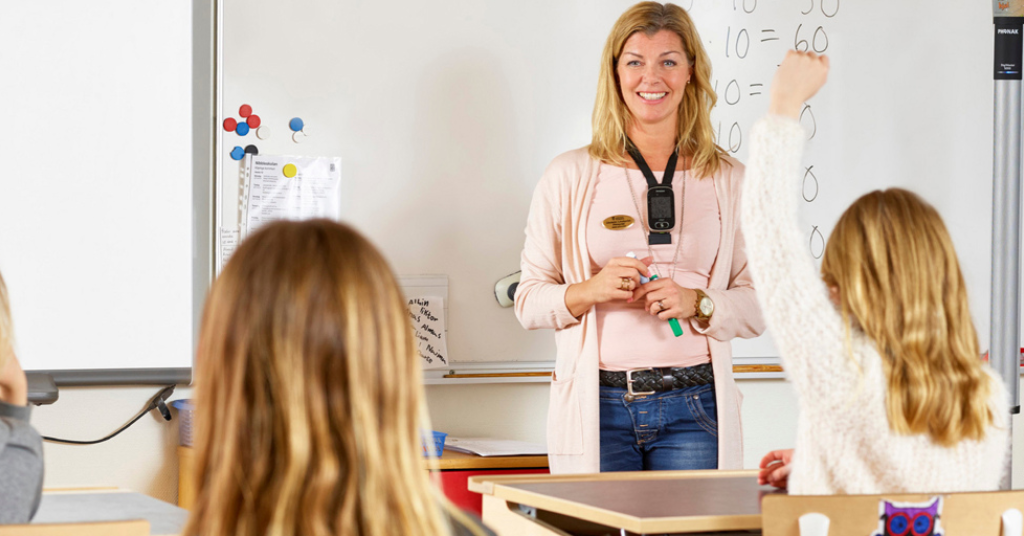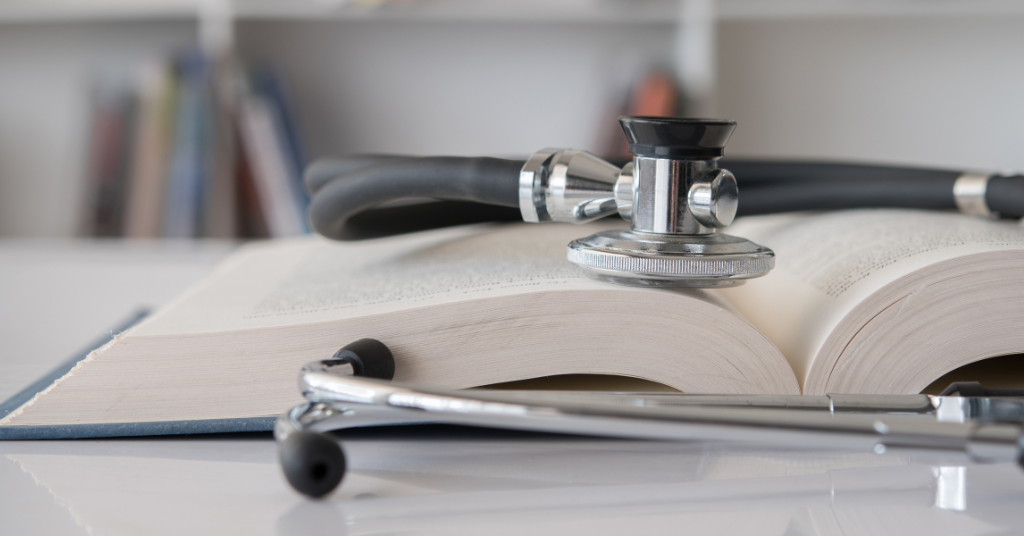
Swim, bike, run! The life of a deaf triathlete
November 7, 2019
Book Review: ‘Emerald City,’ a novel by Brian Birnbaum
November 11, 2019What I remember about being in elementary school with a hearing loss

The way I view my hearing loss has differed depending on my age, grade and stage of life I was at during a specific time.
Looking back at the years, I remember what it was like having hearing loss in elementary school. This is what I remember about my hearing loss during my elementary years and how these experiences impacted me as a person today.
Hearing Loss Diagnosis
I was born with a hearing loss and diagnosed at the age of three. My parents discovered something was amiss when I didn’t respond to some sounds or turn around when they would say my name. I like to think it would have been a little humorous if I’d already mastered the art of ignoring my surroundings, but this was not the case. A trip to the doctor’s office ensued where I was diagnosed with a mild/moderate sensorineural hearing loss. I was swiftly dressed in behind-the-ear hearing aids and enrolled in speech therapy classes. My only memory of speech therapy is when I completed my last class, I was allowed to choose one of three Barbie figurines. I couldn’t decide so I asked if I could have all three! With a big smile on my face, I went home with three Barbie figurines and improved speech. Next was elementary school with hearing loss.
Kindergarten
I started kindergarten at the same school where my mom teaches second grade. Kindergarten was a lot of fun and I have many fond memories of it. As for my hearing loss, nobody in my class noticed or cared to ask about my hearing aids. The only times I ran into problems was when the batteries died. I would panic, cry, and run to my mom’s classroom. I’d then come to a screeching halt once I got to her door, because I was too shy to interrupt her class and have all those scary second graders looking at me. Once Mom changed the batteries, relief flooded over me as I skipped back to my kindergarten classroom, ready to play with my friends some more.
Difficulties of Having Hearing Aids

However, I felt awkward being the only one to leave right in the middle of class. None of my classmates knew where I was going. Sometimes they would ask where I went when I came back. I wished so badly that my reason for stepping out of class several times a year was for something cool or exciting, but I was left feeling more and more like there was something wrong with me. These feelings of shame made me close off all of my feelings to the aid who was helping me. I never told her that I felt embarrassed about my hearing loss or that I didn’t like being pulled out in the middle of class. Instead of asking her to accommodate me and my feelings, I internalized my shame and increasingly felt that somehow I needed to change.
Increased Observance
By the time I was 10, my peers had become increasingly observant. I was often asked, “What are those things in your ears?” The first time it happened, I went home and told my parents how uncomfortable the question made me feel.
My dad said, “All you need to say is, ‘These are hearing aids, they help me hear better.’ You don’t have to talk about it any more than that if you don’t want to.”
I put that into practice at school. It became my scripted answer every time the question was asked. I remember in music class, I was seated next to my crush. I was really shy and nervous, so all I did was sit there with my heart fluttering, not saying a word to him. He was looking at me, I could tell, so I perked up. When I was trying to play it cool, he suddenly turned to me.
“What are those things in your ears?”
…Seriously…?
I bristled. The vulnerability I’d felt around him quickly steeled into armor. “These are my hearing aids and they help me hear better,” I responded monotonously.
“Oh, so does that mean you can hear me when I talk like this?” he asked loudly.
“Yeah,” I said, wishing I could leave the room and never come back.
“What about this?” he whispered.
“Mhm,” I murmured, hoping a hole would open in the floor and swallow me up.
“Or this?” he asked in a barely audible whisper.
“Nope,” I said flatly, as I desperately waited for the teacher to make us all pay attention to what was going on in class.
Read more: “What’s in your ears?”: How we answer questions about our children’s hearing aids
Perspective
I decided I didn’t really like him after that. I also realized that I actually hated talking about my hearing loss with anyone or even acknowledging my hearing aids. Despite this realization, I didn’t think about my hearing aids on a day-to-day basis, unless, of course, someone else brought it up. I still went to school with my hair in a ponytail. In gym class and gymnastics, I still ran around with my hearing aids exposed. I didn’t think about my hearing loss unless someone reminded me about it.
“I didn’t think about my hearing loss unless someone reminded me about it.”
Now that I’m older, I can see that my classmates were just curious kids when they asked about my hearing aids. The problem is that I was just a kid too. I didn’t have the maturity or mental capacity to realize that I could simply educate them on hearing loss. I always just wanted to fit in and be like everyone else instead of embracing and celebrating my own uniqueness.
What was your elementary school experience?



